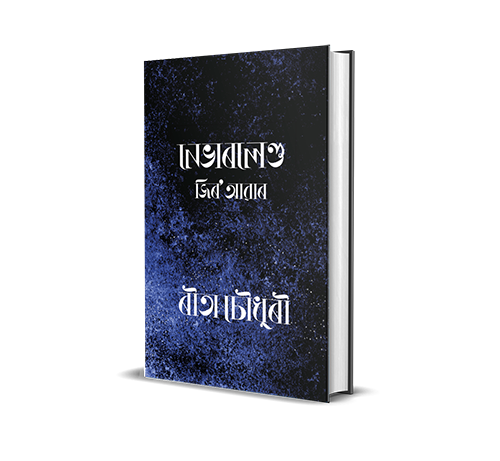One of Rita Chowdhury’s defining attributes, as one of the most influential authors of this era, lies in her profound portrayal of life, humanism, deep empathy for characters, a distinctive storytelling style, and notably incisive perspectives. This time, she ventures into a battlefield. The narrative delves into the liberation war of Bangladesh, weaving through the pages of the novel. Commencing from the general election of a united Pakistan, the story unfurls at its own cadence, spanning Dhaka, Karachi, Delhi, Haflong, Dandakaranya, and Malkangiri. Within these pages, the account intricately intertwines Pakistan’s endeavors to obstruct Bangabandhu Sheikh Mujibur Rahman, India’s role during that epoch, and the pivotal phases of the liberation war. The social landscape of East Bengal in 1971 is depicted with a detached yet poignant gaze. Additionally, it sheds light on India’s strategic stance during that juncture and the resolute determination of Pakistani authorities to prevent Sheikh Mujib from assuming power. East Bengal stands as a grim epitome, exemplifying the appalling depths of genocide. The Bangladesh liberation war not only reshaped global geography but also forced millions to flee their nation. Its reverberations persist even after five decades. In ‘Zero Hour,’ the novelist discovers a metaphorical ‘Neverland’.
